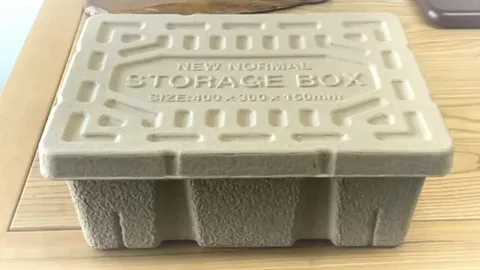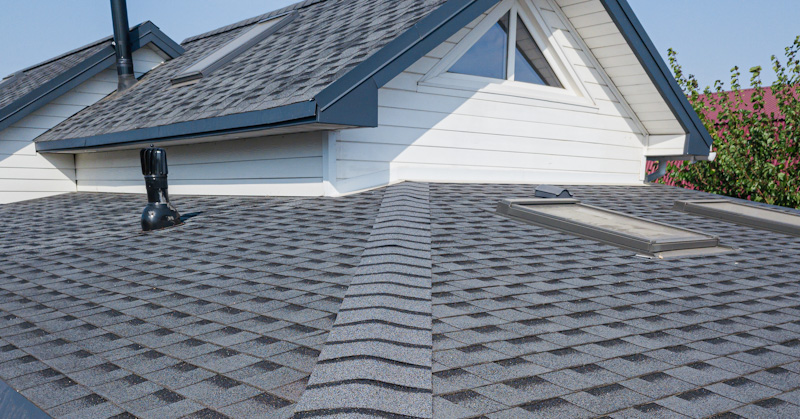The packaging industry is undergoing a significant transformation, with sustainability at the forefront of innovation. One of the most promising solutions gaining traction is custom molded pulp packaging, a biodegradable and eco-friendly alternative to traditional materials like plastic and Styrofoam. This packaging solution is made from recycled paper, cardboard, and other plant-based fibers, making it an excellent choice for businesses seeking to reduce their environmental footprint.
Custom molded pulp packaging is not only sustainable but also highly versatile. It can be used for various applications, including food packaging, electronics, and industrial products. With increasing consumer awareness and stringent environmental regulations, businesses are shifting towards greener alternatives, making molded pulp the future of sustainable packaging.
Environmental Benefits of Custom Molded Pulp Packaging
One of the primary reasons why custom molded pulp packaging is gaining popularity is its minimal impact on the environment. Unlike plastic packaging, which takes hundreds of years to decompose, molded pulp is completely biodegradable and compostable. It breaks down naturally in the environment without leaving toxic residues, reducing pollution and promoting a circular economy.
Additionally, molded pulp is made from recycled materials, reducing the need for virgin resources. The production process consumes less energy and water compared to plastic manufacturing, further lowering its carbon footprint. With global initiatives to curb plastic waste, molded pulp packaging presents a viable solution for companies looking to meet sustainability goals without compromising on quality and functionality.
Customization and Versatility in Molded Pulp Packaging
One of the standout features of custom molded pulp packaging is its ability to be tailored to specific product needs. Companies can design packaging that perfectly fits their products, offering enhanced protection and reducing material waste. This is particularly beneficial for industries such as electronics, healthcare, and consumer goods, where precise packaging is crucial for product safety and presentation.
Moreover, molded pulp packaging can be engineered to have various textures, shapes, and densities, depending on the requirements. Whether it’s a delicate food tray or a sturdy industrial container, this packaging can be customized to meet diverse applications. Such versatility makes it an attractive choice for businesses seeking sustainable yet functional packaging solutions.
Cost-Effectiveness and Supply Chain Advantages
Despite being an eco-friendly option, custom molded pulp packaging is also cost-effective in the long run. While the initial investment in custom molds may be slightly higher, the overall savings in material costs, waste reduction, and disposal expenses make it a financially viable choice. Additionally, molded pulp packaging is lightweight, reducing shipping and transportation costs significantly.
Another advantage is its ease of production and supply chain efficiency. Since molded pulp can be sourced from locally available recycled materials, businesses can reduce dependency on imported raw materials. This localization enhances supply chain stability and reduces costs associated with long-distance transportation. As sustainability becomes a key business metric, companies investing in molded pulp packaging gain a competitive edge by offering eco-conscious solutions without inflating operational expenses.
Future Trends and Market Adoption
The demand for custom molded pulp packaging is expected to rise as industries worldwide prioritize sustainability. Governments and environmental agencies are implementing stricter regulations against plastic waste, encouraging businesses to seek greener alternatives. Companies that proactively adopt molded pulp packaging will position themselves as leaders in sustainability, attracting eco-conscious consumers and investors.
Furthermore, technological advancements are improving the strength, durability, and moisture resistance of molded pulp packaging. With continuous innovation, the applications for molded pulp will expand across various industries, making it a mainstream choice for packaging needs. As businesses strive for carbon neutrality and waste reduction, molded pulp packaging is set to play a crucial role in shaping the future of sustainable packaging.
Conclusion
The shift towards custom molded pulp packaging is more than just a trend—it is a necessary step in the evolution of sustainable packaging. Its environmental benefits, customization potential, cost-effectiveness, and growing market demand make it a practical and responsible choice for businesses. As industries adapt to changing consumer preferences and regulatory requirements, molded pulp packaging will continue to gain prominence, paving the way for a more sustainable future.











